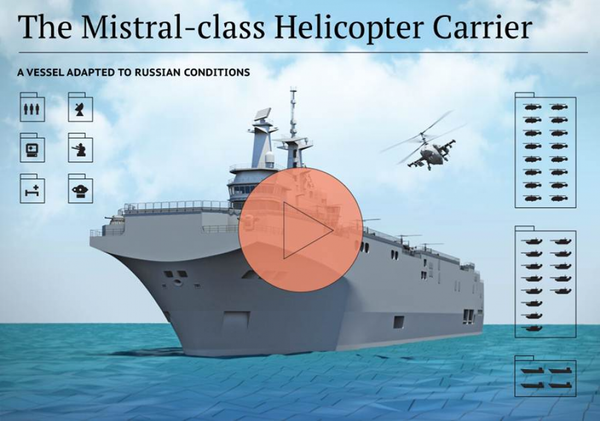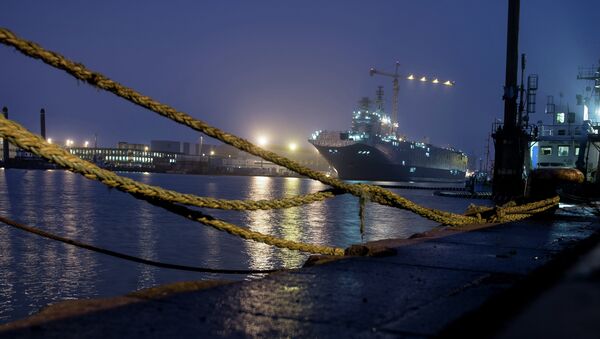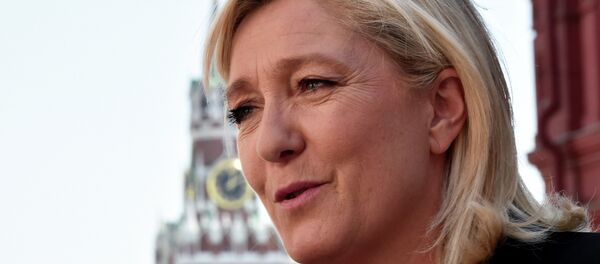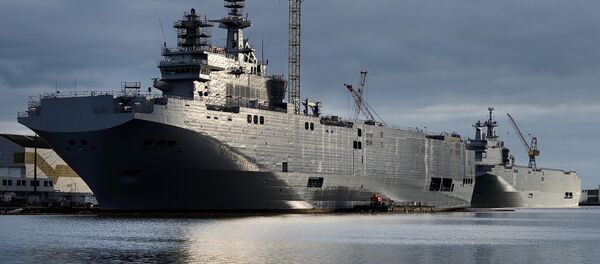The $1.3 billion deal was officially terminated on Wednesday. Paris is reported to have transferred some 1.1 billion euros ($1.2 billion) to a Russian bank as compensation for the non-delivery.
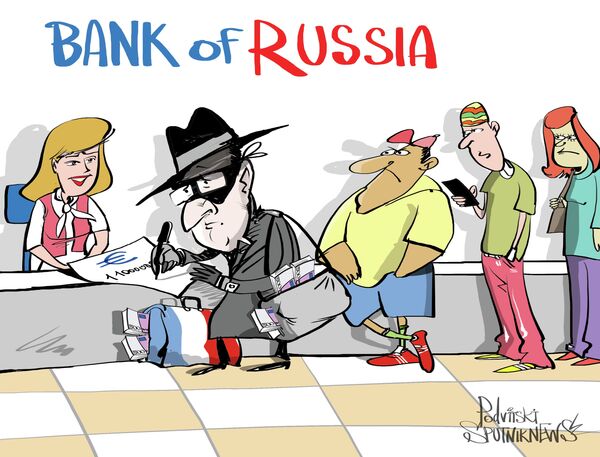
The former European parliament member believes that the termination of the deal is a blot on France's reputation, the arms industry and the economy.
"France [has always been] an important seller of armaments," the analyst observed, saying that many countries will think twice before signing a deal with the French from now on.
The French economy is also likely to be affected by the recent developments. It has not been in the best shape for a while: annual growth is slowing down and unemployment reached a record high of 10.8 percent at the beginning of 2015. It follows that the outcome of the deal with Russia "is a big mistake from the economic point of view," the analyst asserted.
The French president had two options. One was to support French workers by honoring the agreement. The other one was "to be a good friend of the United States," who pressured France to renege on the contract, the analyst said.
#Mistral #France #Russia The deal is off..Great shame for France,turning into another #US vassal..The ramifications for its industry great..
— JnAndris (@JohnAndris) 26 мая 2015
Hollande opted to please America instead of supporting French workers, which is "a strange choice for a socialist," Blot noted, adding that this move is nevertheless not surprising.
The United States "knows that now it is very easy to give orders to the French government because [of] the history of the Socialist Party since the WWII. The party was highly subsidized by the US against communism. … Naturally, the Socialist Party is very close to the US foreign policy," he explained. Hollande served as the first secretary of the party from 1997 until 2008.
But French workers will not be the only ones affected by the deal. "Ordinary French citizens will pay for America's whim regarding the Mistral," Nikolai Levichev, the leader of A Just Russia party, told RIA Novosti, adding that the ships will keep reminding the French that Hollande does not make independent decisions.
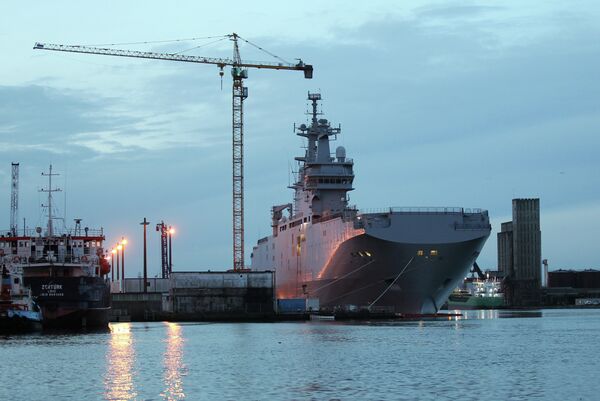
Blot is convinced that the deal would not have fallen through under Nicolas Sarkozy. Relations between Paris and Moscow were developing when Sarkozy was in power. They deteriorated after Hollande won the presidential election.
The current French government may be against closer ties with Russia, but French businesses want to deal with their Russian partners and don't support restrictive measures imposed on Moscow.
"The majority of people I meet think these sanctions are completely stupid and are counterproductive. They are very bad for some sectors of our economy, especially agriculture," he said.
What will happen to the Mistrals?
France has two warships built to meet the specific needs of the Russian Navy at its disposal and three options with regard to what to do with them. Paris could deliver the ships to the French Navy, sell them to another country or dismantle them.
France is the bigger loser in Mistral saga. Expensive idle ships to sell, lost jobs & billions in deal, gave into subservience to US etc.
— Serge (@Zinvor) 5 августа 2015
Blot is convinced that the French Navy will not take the ships. It operates three Mistrals and has no need for additional ones.
Selling the Mistrals might seem lucrative. Some countries, including India, China and the United States, have been rumored to be interested in the ships but no one has made an official bid so far.
"I've heard in the last few days that there was a possibility to sell the ships to Canada. Ottawa is very active in the Arctic like Russia," the analyst noted but said it was unlikely. He also mentioned that there was a possibility that the ships would be destroyed.
In 2011, Russia and France inked a deal for the delivery of two Mistral-class helicopter carriers. The deliveries were put on hold in late 2014 over Moscow's alleged involvement in the Ukrainian civil war. The Kremlin has repeatedly said Russia is not a party to the deadly conflict and pushed for peace in the war-torn nation.
On Wednesday, Russian President Vladimir Putin and French President Francois Hollande confirmed that they had arrived at a decision to terminate the deal. Moscow considers the issue to be fully settled, according to a statement issued by the Kremlin.
